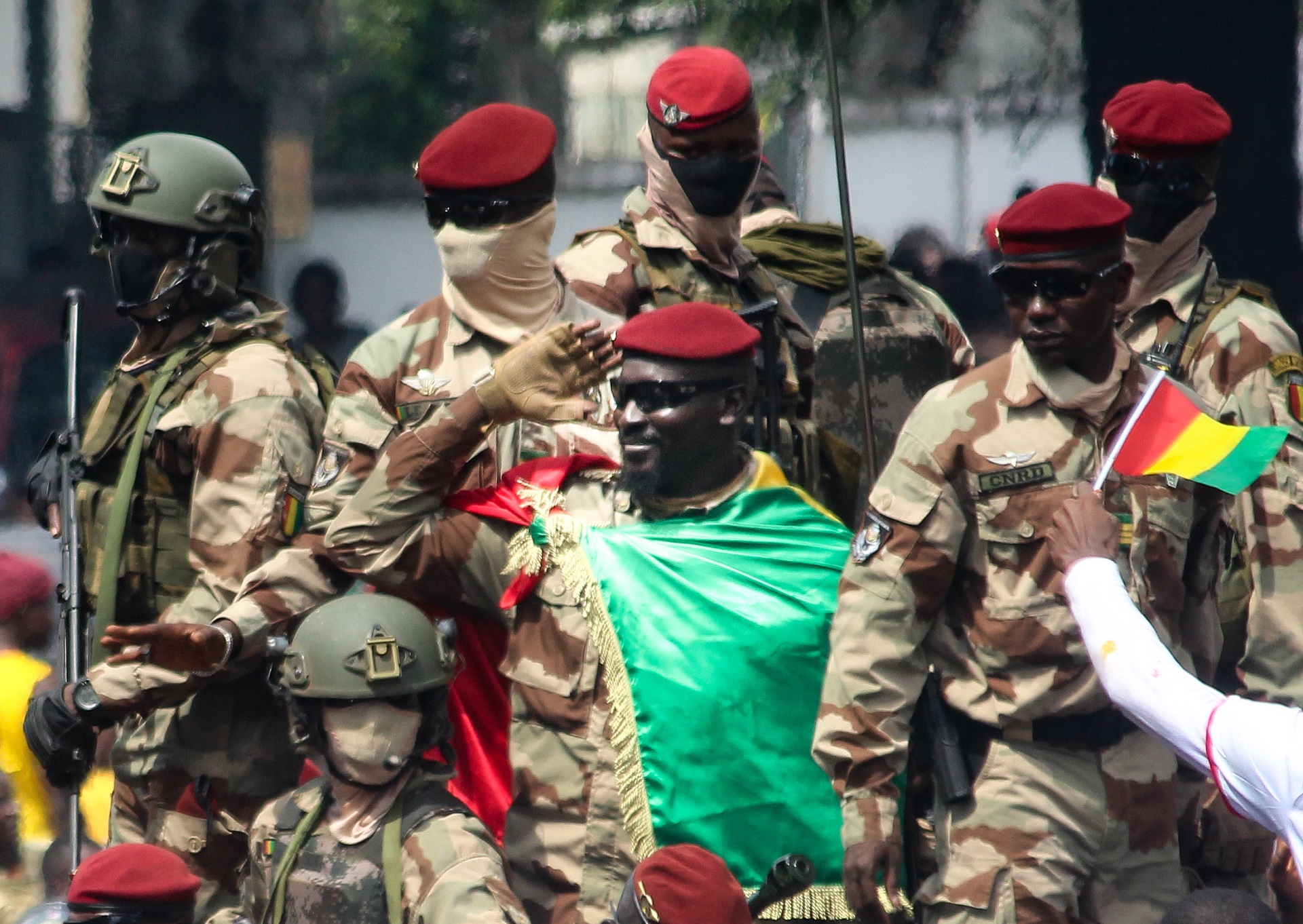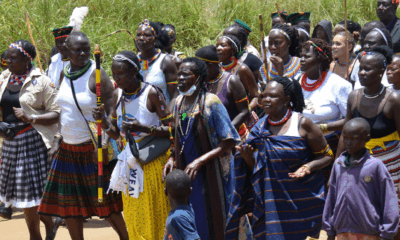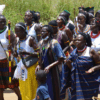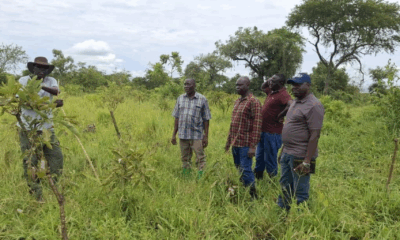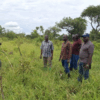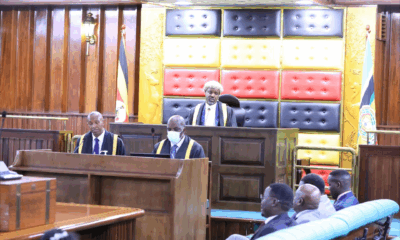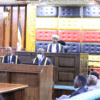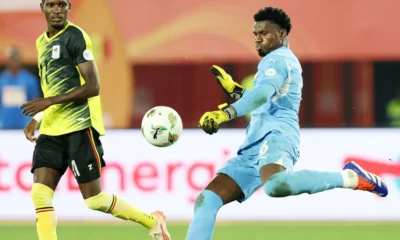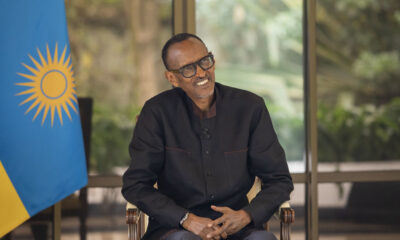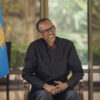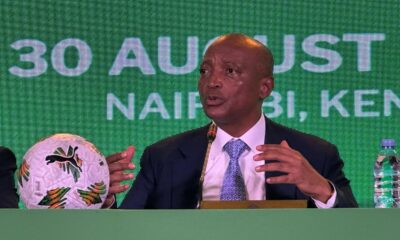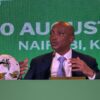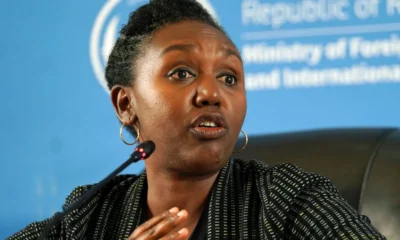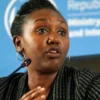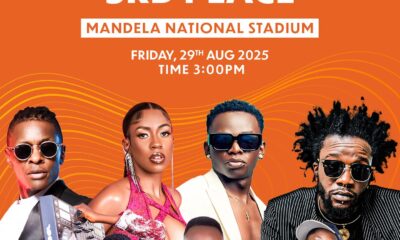Africa
Guinea Kicks Off Constitutional Referendum Campaign Amid Media Restrictions
This weekend, Guinea officially launched the campaign for its upcoming constitutional referendum, set to take place on September 21, 2025, coinciding with the fourth anniversary of the 2021 military coup led by the CNRD. The campaign period will run from August 31 to September 18, giving political actors and citizens a narrow window to debate the proposed constitutional reforms.
The High Authority of Communication (HAC), the government body responsible for regulating media, has issued new guidelines for coverage. Audiovisual media outlets are now required to provide equal airtime for both supporters and opponents of the referendum. However, only recognised entities without legal conflicts with the state are permitted to participate in media programs, a rule that has sparked significant criticism from journalists and press advocacy groups.
Boubacar Yacine Diallo, President of the Guinean Professional Press Union, explained that while journalists are not banned from media access, they must avoid engaging with unrecognised entities or groups in legal dispute with the government. The press union has voiced concern that this restriction undermines media independence and limits public debate on issues critical to Guinea’s future.
The controversy deepened with HAC’s ban on interactive programs in private media discussing the referendum, which critics argue is a direct infringement on freedom of expression. Sékou Jamal Pendessa, also from the press union, remarked, “You cannot defend freedom of expression for all Guineans while simultaneously barring interactive discussions on campaign issues. The referendum affects everyone.”
The proposed constitutional changes include extending presidential terms from five to seven years while maintaining a two-term limit, though a previously suggested lifetime term cap has been removed. The draft also introduces the creation of a Senate, with one-third of its members to be directly appointed by the head of state.
Since the 2021 military coup that ousted President Alpha Condé, Guinea has been under a transitional government, but scepticism remains over the country’s democratic trajectory. The dissolution of multiple political parties and repeated failures to meet election timelines have fueled concerns about the transparency and fairness of the upcoming referendum.
As Guinea enters this crucial campaign period, both domestic and international observers are watching closely, with questions about media freedom, democratic participation, and the balance of power at the forefront of public debate.
Comments



